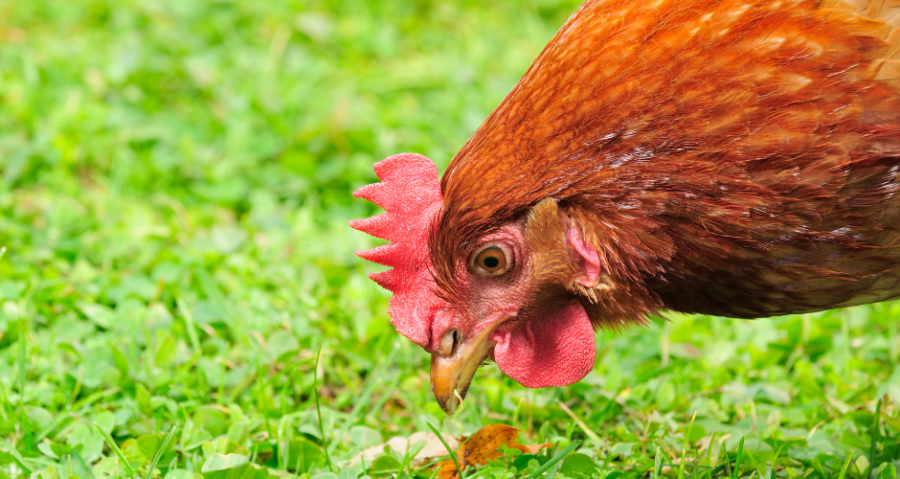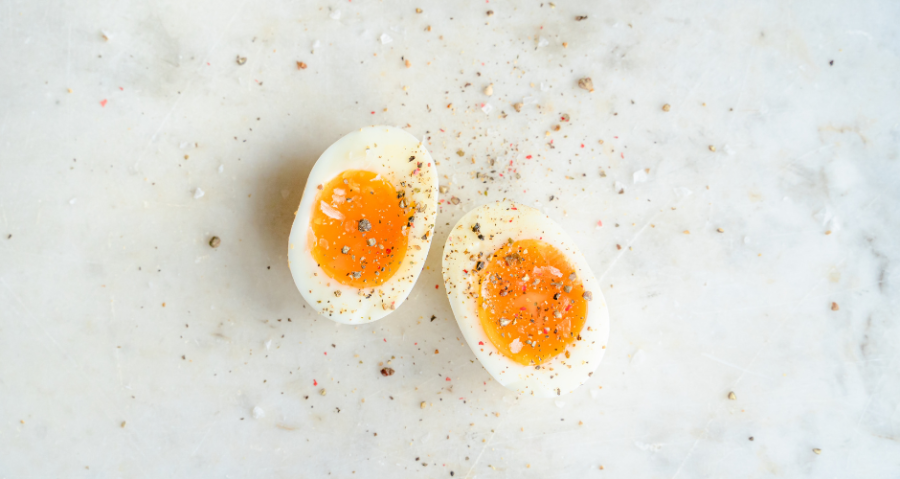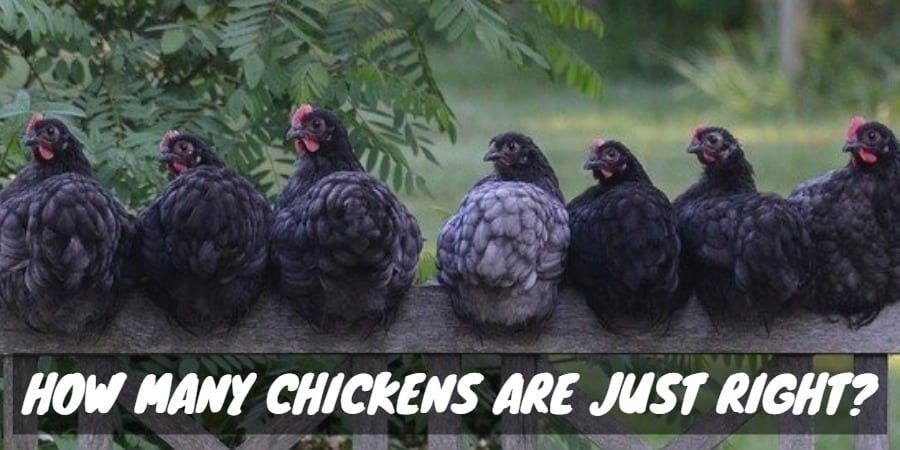“Grass-Fed” EVERYTHING is making a breakthrough in the grocery market, grass-fed beef, goat, lamb chops … but not grass-fed chickens? You can find organic, pasture raised, antibiotic free, but not grass fed when it comes it poultry.
What would it even mean to have a grass fed flock and is it healthy for the hens?
Chickens are natural omnivores and thrive on a mixed diet of grains, fruits and vegetables, proteins (yes – meat), and even enjoy the odd table scrap. But what food is best for a happy and healthy flock?
What is a “Grass Fed” Chicken?
If I can be curt and a little bit sassy …
A grass fed chicken is a marketing ploy to stick a label on a product and attempt to convince the general population that this is “healthy” and … even true.
Grass fed chickens do not exist. And, if they did, they would not be healthy hens.
… Maybe that’s why the eggs in the store are so pale and tasteless …
I digress, I’m being sassy because I love my chickens and I absolutely adore the fact that they work as little composters, turning our family’s table scraps into eggs and fertilizer!
Keep your eyes peeled for our discussion on chicken manure and cultivating rich and garden benefiting compost and fertilizer! It may take some patience but it certainly is worth it.
** Now, I know, if you are in the UK and you are reading this article you may just be brimming with jealousy because all over the world we can scrape our plates into a pail and bring them out to our flock, quickly garnering a special place in their hearts as the chicken tender with the tasty treats. And, if you find yourself green with envy, I’m sorry. **
Many people mistakenly assume that a pasture raised, or free range, flock is a grass fed flock.
That could not be further from the truth.
While many livestock animals, cow, sheep, goats even, can be fed a diet void of grains and primarily based on hay and pasture grasses, chickens are not that animal.
What SHOULD Chickens Eat?

As I mentioned, chickens are omnivores. They eat all the things.
It may sound gruesome but chickens are also cannibals (not in an aggressive way BUT … they will eat chicken … and it doesn’t have to be cooked) this is why it is particularly important to remove injured birds from the flock as quickly as possible.
Because they will eat anything, even pasture raised or free range hens, who spend most of their time pecking the ground, will not fill up on grass and clippings from the lawn mower. Therefore, there could never be a healthy, grass fed flock.
Instead, hens will peck away at the ground eating bugs, slugs, and all the grubs. They will playfully chase and enjoy flies, bees, and butterflies.
Chickens will chase down mice, frogs and even snakes – if they are small enough.
This wide variety of proteins contribute to a rich and healthy diet for your hens.
But it is enough?
While there may be merit in fostering a free range flock, it may not be feasible for many backyard chicken owners, and oftentimes downright unsafe for the chickens if there is a heavy predator presence.
Ensuring your hens have a well balanced diet is important for the health of your flock and for their ability to produce quality eggs.
Happy hens, fed with a rich diet of mixed grains, fruits, veggies, proteins, and calcium are most likely to produce quality eggs consistently.
Check out our in depth article What Do Chickens Eat here and our post on What Can’t Chickens Eat here.
How Does Diet Impact Chicken Eggs (Quality and Production)?
If you’ve ever bought a carton of eggs in the supermarket you’re probably well acquainted with the pale yellow yolk and bland specimen before you.
Now, I am not saying that a backyard farmer will never have a pale yellow egg, that does happen from time to time. But …
Backyard chicken owners tend to feed their hens a wider variety of foods, whether it’s because we enjoy spoiling our flock with leftovers from Christmas dinner, or because we allow the hens time in the yard (maybe it’s a combination of them both). Nevertheless, it’s a noticeable difference in the quality and richness of the eggs.
Hens that free range tend to have a higher production of eggs with a richer colouring and a more discernible “free range” flavour.
There is just something about doing things the way nature intended, that brings out the best in our food.

Increased protein, fermented feed, a diet that is rich in calcium and even spices (crushed chilli flakes has been known to increase egg production in the winter months, so spice up that feed!), will ensure happy hens who lay beautiful orange eggs.
Conclusion
While there is no such thing as a grass fed chicken, a chicken that is free ranged and enjoys a variety of healthy foods and table scrap treats will be a chicken who lays beautiful, vibrant eggs all year long.




